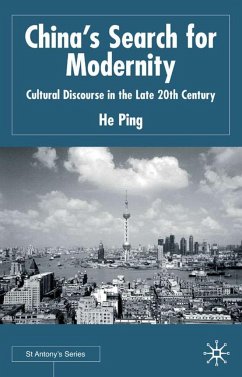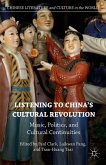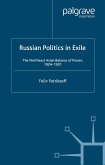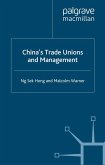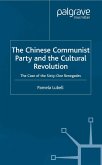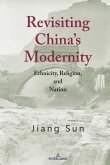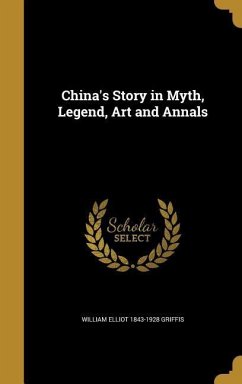Twenty years after a return from fundamentalism to economic reality, China has become the world's tenth largest economy and an increasingly important global power. Despite the rise of fundamentalism and post-modernism, the pursuit of modernity was an ongoing historical movement in late twentieth century China. He Ping focuses on China's quest for and experience of modernity. Implicitly comparative, the author discusses broad aspects of both Chinese and western civilizations, including their scientific traditions and socio-economic structures, with reference to modernization. He seeks to enhance our understanding of the cultural changes behind China's phenomenal rise and provides a fresh case study for the global cultural discourse.
Hinweis: Dieser Artikel kann nur an eine deutsche Lieferadresse ausgeliefert werden.
Hinweis: Dieser Artikel kann nur an eine deutsche Lieferadresse ausgeliefert werden.
"Provides an insider's deep reflection on the intellectual and academic development that accompanied China's rapid modernization...Implicitly comparative, this erudite book analyzes broad aspects of Chinese and Western civilizations, such as their scientific traditions, cultural cores, personality traits, and social institutions. It examines Chinese scholars' reflective criticism of the so-called 'backward Chinese cultural tradition,' their debate over modernization strategy and their vision of modernity and hence it reveals how modernity is requested, discoursed and experienced in one of the oldest civilizations recently. It undoubtedly enhances our understanding of the rising China and the global cultural discourse on modernity." - Zhang Xupeng, Springer

